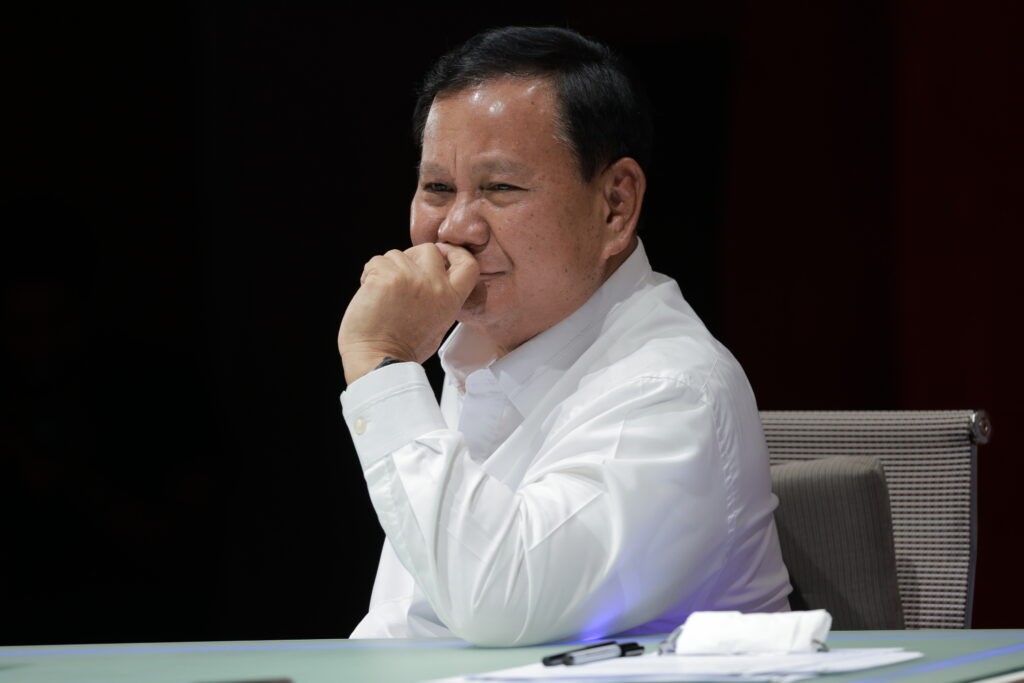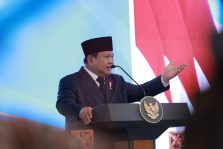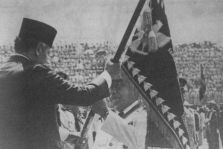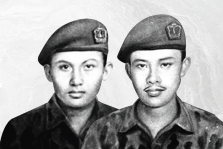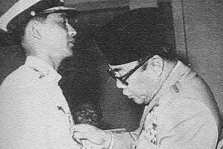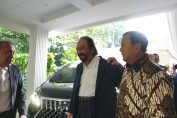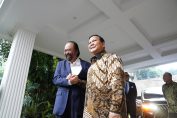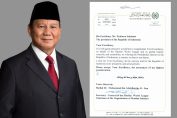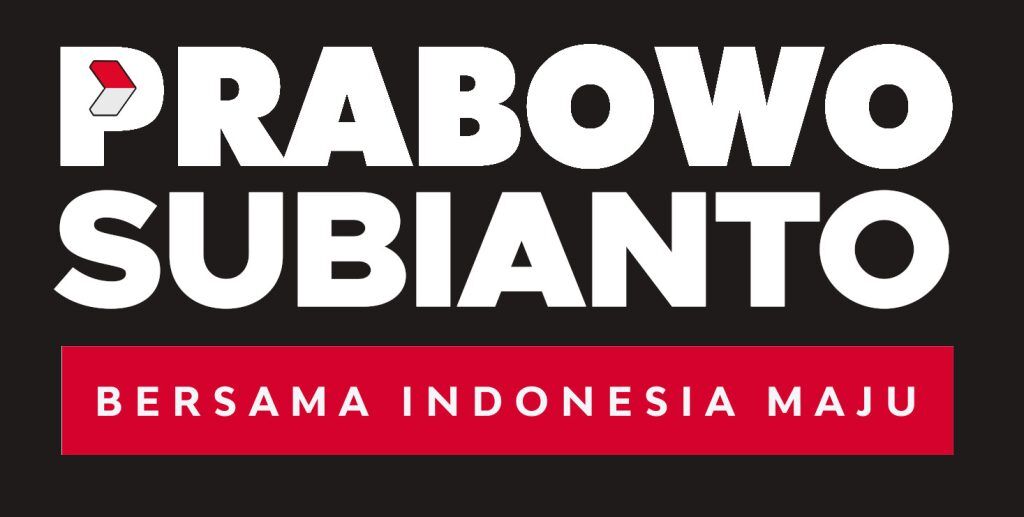By: Prabowo Subianto [excerpted from “Strategic Transformation of the Nation: Towards Golden Indonesia 2045”, pages 20-23, 4th softcover edition]
If we want to assess whether our economic achievements over the past 30 years have been satisfactory, we should compare them to those of other countries. For instance, we can look at China and our neighboring country, Singapore.
Over a 30-year period from 1985 to 2019, China’s Gross Domestic Product (GDP) grew 46-fold, from $309 billion in 1985 to $14.3 trillion in 2019. By comparison, during the same period, Singapore’s economy grew 19.5 times, while Indonesia’s economy grew only 13 times.
How did China, which in 1985 was only 3.6 times larger than Indonesia’s economy, manage to grow so rapidly that, 30 years later, it was 12.8 times larger?
Many economists attribute China’s rapid economic growth to its serious implementation of state capitalism principles. This means all major production sectors that affect the lives of many, and all natural resources, are state-owned.
In China, these vital production sectors and natural resources are managed by State-Owned Enterprises (SOEs). China has made SOEs the spearhead of its economic development. Currently, there are over 150,000 SOEs in China, owned by both the central and local governments.
82 Chinese SOEs are listed in the Fortune Global 500—the world’s largest companies—out of a total of 143 Chinese companies on that list. For example, in 1984, China established the Industrial and Commercial Bank of China (ICBC). Now, ICBC is the largest bank in the world, with the majority of its shares owned by the Chinese government.
Meanwhile, although the principles outlined in Article 33 of Indonesia’s 1945 Constitution mirror those of China’s state capitalism, we have largely entrusted the management of our key production sectors and natural resources to market mechanisms. In other words, we have not genuinely implemented Article 33, unlike China.
This is why I state that our current economic course is misguided. The management of Indonesia’s economy does not align with the economic system mandated by Article 33. Instead, we find ourselves trapped in an oligarchic economic system—at both the national and regional levels.
In an oligarchic system, the economy is dominated by a handful of ultra-wealthy individuals often referred to as ‘the oligarchs’. With their wealth, they wield excessive power, significantly influencing our nation’s economic and political life.
They can dictate policies and decide who is allowed to import essentials like sugar, meat, rice, corn, and other commodities. They can also determine political leaders because they are major funders of political campaigns. The economy is controlled by a few ultra-rich, not by the state.
This might be because the top 1% of Indonesia’s richest control 36% of the nation’s wealth, while the top 10% control 66%. According to Credit Suisse research, Indonesia’s total wealth is estimated at $3.2 trillion—about Rp 44,800 trillion.
This means that the wealthiest 1% of the population, about 2.7 million people, control approximately $1.2 trillion—around Rp 16,800 trillion. This represents significant financial power.
Our country is rich in natural and human resources. We could indeed be a top-tier nation. All Indonesians could live in prosperity, free from poverty, hunger, and ignorance. Truly, this is why we sought independence. This is why we govern. To become a prosperous nation.
However, to achieve this goal, we must manage our national wealth effectively.
The management of national wealth is a political decision, whether at the regional or national level. Incorrect political decisions can impoverish our people further. Conversely, correct political decisions can lead to greater prosperity for our populace.
This is why I entered politics. If I believed our country had no potential or hope for prosperity, perhaps I would not have engaged in politics.
Since retiring from the Indonesian National Army, I have felt a compelling urgency. I see Indonesia’s richness, its vast potential. Indonesia only needs to have and consistently implement the right strategies, good management, and a clean government. With these three elements, our country can quickly rise and achieve the aspirations of our independence.

